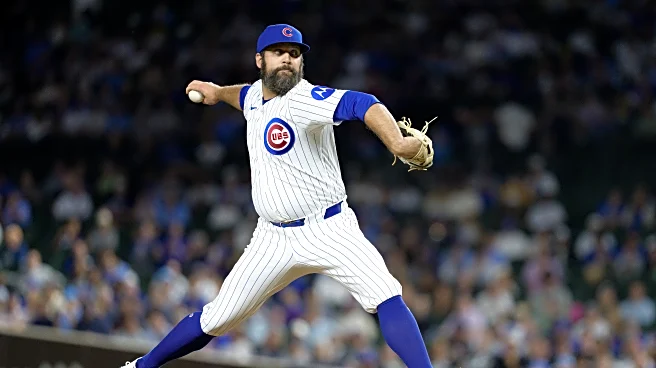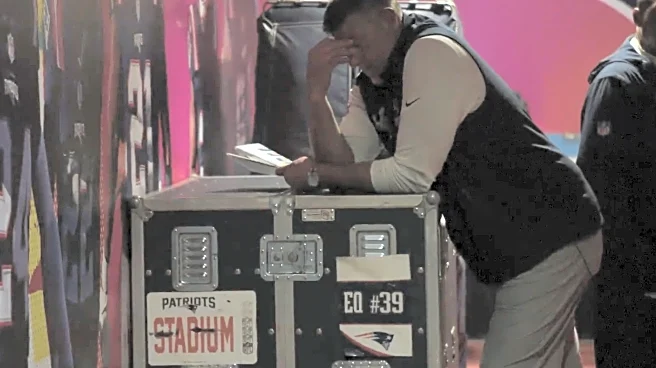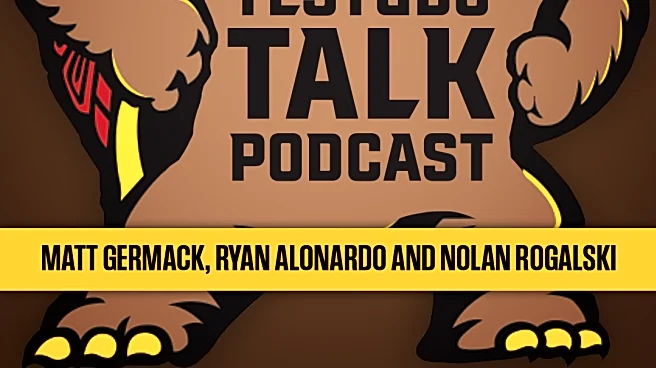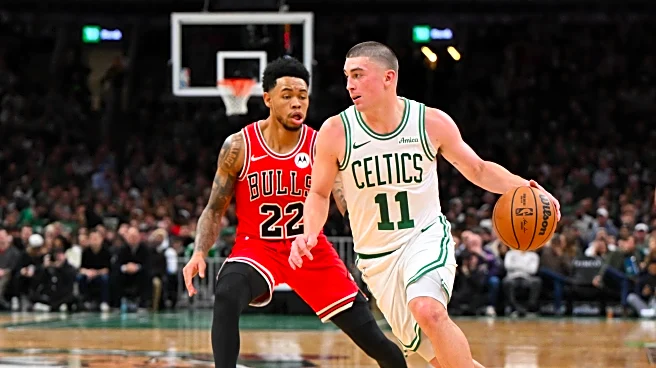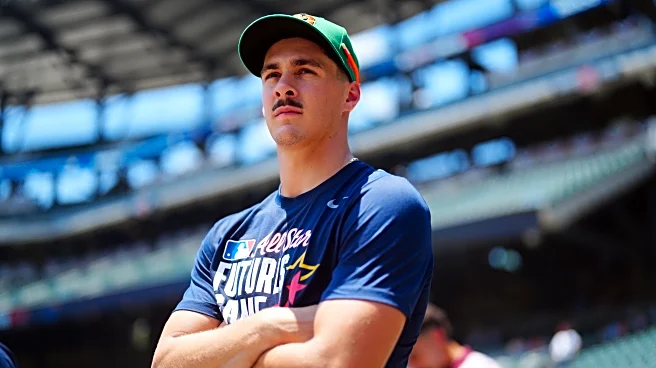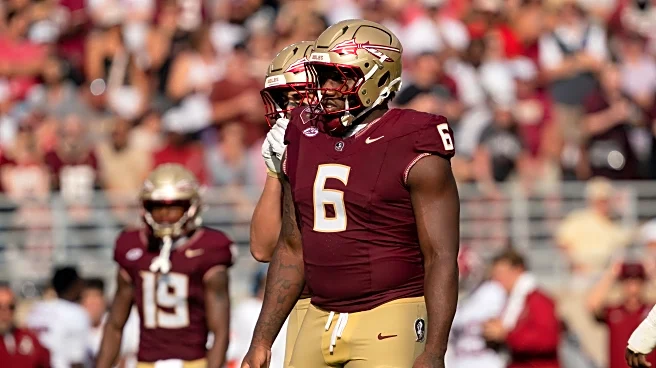Welcome to another week here at BCB After Dark: the coolest club for night owls, early risers, new parents adn Cubs fans abroad. Please come in and join us for a while. There’s no cover charge. Let us know
if we can do anything for you. The hostess will seat you now. Bring your own beverage.
BCB After Dark is the place for you to talk baseball, music, movies, or anything else you need to get off your chest, as long as it is within the rules of the site. The late-nighters are encouraged to get the party started, but everyone else is invited to join in as you wake up the next morning and into the afternoon.
The Cubs lost to the Braves tonight, 4-1 as the offense continues to be absent. Obviously the offense has become a red flag recently. I guess the only good news is that it could turn back on as quickly as it turned off. But it needs to start up again pretty darn soon.
Last week, I asked you if manager Craig Counsell should have left Cade Horton in for at least another inning as he was throwing a no-hitter through five innings against the Braves. It should also be mentioned that the Cubs ultimately lost that game. You seem to agree with Counsell, despite the loss, as 72 percent of you felt that the manager made the right call pulling Horton after five innings and 75 pitches.
Here’s the part with the jazz and the movies. You’re free to skip that part. You won’t hurt my feelings.
Tonight we’re featuring Chet Baker in Belgium in 1964 playing the Sammy Cahn and Jule Styne jazz standard “Time After Time.” This is not to be confused with the Cyndi Lauper and Rob Hyman song “Time After Time” which was recorded by Miles Davis, but much later, obviously.
Baker is on vocals and flugelhorn. He’s joined by Jacques Pelzer on alto sax and flute, Rene Urtreger on piano, Luigi Trussardi plays bass and the drummer is Franco Manzecchi.
For the past three years, we’ve featured a movie tournament in the offseason. First was film noir, the second was Westerns and last year we did the collected works of director Alfred Hitchcock. This year I’m considering doing a science fiction tournament.
There are some issues with doing a sci-fi tournament, but at least one that I feared would be a problem really isn’t. I worried that there wouldn’t be enough older films to make a good tournament. But I found this Rolling Stone list of the best 150 science fiction films that was published last year and there were 61 films on that list from 1982 or before. There were at least 11 other films that I found on other lists or from by own personal appraisals. So if I go up to 1982, there are at least 70 films to choose from.
But this brings up another issue which I call the “1977 problem.” I firmly believe that a film has to stand the test of time before critics should put it on a “Best of All-Time” list. I get why other published lists don’t follow this rule. They’re trying to attract page views and they want to get young people who just saw the Denis Villeneuve-directed version of Dune to find their list when they google their favorite film. They also don’t want to tell young readers that “Hey. All those films you love aren’t good enough to be on a list with these classics from before you were born.” Or at least that they need to wait 20 years until we can properly make that judgement. But this is a baseball site and we’re just doing it for fun over the winter. I’m not concerned about drawing in random film fans. (Gets angry email from Vox.)
Having said that, I definitely think enough time has passed since The Matrix came out in 1999 to put it on a list of the greatest science fiction films of all time. You could probably include films even younger than that. But this brings us back to the “1977 problem.” That’s the year that the first Star Wars film came out. Star Wars made a ton of money and if there’s one thing that the movie industry loves to do, it’s jump on a trend that made money.
Before 1977, science fiction films, with just a couple of obvious exceptions, were B-movies with limited budgets. That doesn’t mean these films were bad. Almost all film noir was cheaply-made B-movies. But noir doesn’t have special effects like science fiction does, and those fantastic elements cost money to do right. After 1977, studios were willing to spend that kind of money to create those images.
So while it’s not fair to say that all the best science fiction films were made before 1999, it’s also not fair to say that all of them were made after 1977. But it is fair to say that pretty much all the special effects in such films were better after 1977 and really even after 1999. I feel like putting 21st century science fiction films in the same tournament as ones from the 1950s is like having an auto race with modern Formula 1 cars against ones from the 1950s. The modern drivers aren’t necessarily better drivers than ones from 75 years ago, but they’re definitely driving better cars.
I picked 1982 as a dividing line because that’s the year that Blade Runner came out, which would be a candidate for the best science fiction film ever. But by extending the tournament out to 1982, I’m also including such films as E.T.: The Extra-terrestrial, The Empire Strikes Back, Scanners, Escape from New York, The Road Warrior and frankly a whole bunch of films that most of you have already seen. I consider these tournaments an opportunity to discover new movies and what chance would Jean-Luc Godard’s Alphaville have against The Empire Strikes Back? Would Alphaville even make a 26- or 28-film tournament? So I’m worried that bringing the tournament out to 1982 would do more to reinforce your own prejudices rather than challenge them.
So I’m going to put up a poll. Please note that this poll is completely advisory. I am free to ignore the results. (In fact, I’m only about 90 percent certain I’m even going to do a science fiction tournament. I could still change my mind.) I just want to get a sense of what you’re interested in. Do you want to have the opportunity to learn about more cheesy B-movies from the 1950s that you may have never heard of or that you only know from Mystery Science Theater 3000? Or do you want to debate the films that many, maybe most, of you grew up with from the late-twentieth century?
The choices are:
- Films up to 1976. Would exclude Star Wars, Close Encounters of the Third Kind, Alien and all of the explosion of big budget science fiction of the late-70s.
- Films up to 1980. Would include those films above, but exclude Blade Runner, Star Trek II, E.T. and the rest of the early-eighties pictures. This only really makes sense in that 1980 is generally considered the end of the “New Hollywood era” of 1966 to 1980. After that, the studios began to rein in directors and more carefully watch budgets. It’s also the start of “franchises,” which continue to dominate box offices 45 years later.
- Films up to 1982. Gets Blade Runner into the tournament, which is one of several films listed as the greatest science fiction film of all-time. But also puts in a lot of other films that would squeeze out stuff from the Golden Age of Hollywood, as well as foreign films.
- Films up to 1999. Just let everything in and make it a 2oth Century tournament. A Trip to the Moon (1902) will go up against The Matrix (1999).
I am going to mention that there is very little science fiction from the 1930s and 1940s. That Rolling Stone list has exactly one science fiction film between Metropolis (1927) and Destination Moon (1950), and that’s Things to Come (1936). I can’t think of any other science fiction film from those two decades worthy of inclusion.
Remember, this vote is purely advisory to me. I just want to know what you’re thinking.
Welcome back to everyone who skips the music and movies.
I suppose it doesn’t make any difference if the offense doesn’t start scoring runs, but the Cubs are in the market for a new closer after Daniel Palencia went on the injured list today. It’s a shoulder injury, which are generally pretty serious. At least generally not “minimum time on the IL.”
So assuming that the Cubs will have a save situation between now and the end of the season, who do you think should get the most save chances the rest of the way?
There are two obvious candidates, a few less-obvious ones and a one off-the-wall suggestion. If you were Craig Counsell, who would you trust in a save situation?
The first choice is Cubs’ setup man/eight-inning guy Brad Keller. Keller has been one of the Cubs’ best relievers this year with a 2.17 ERA and 65 strikeouts in 62 1/3 innings. He only has three career saves, however, and just one this year. Also, moving Keller into the ninth inning means coming up with someone else to pitch the eighth.
The second choice is Andrew Kittredge, who has been very good since coming over from Baltimore except for a two games where he melted down. Kittredge has a 3.86 ERA since joining the Cubs and two saves. He has 18 career saves. Eight of those came with the Rays in 2021.
Porter Hodge took over the closing duties last year after Héctor Neris was released. Hodge was very good last year and recorded 9 saves and a 1.88 ERA. He’s been not very good this year and also injured. But he’s healthy now and has allowed just one run (and that was at Coors) in four innings since he return from Triple-A Iowa.
A fourth possibility is Caleb Thielbar, who saved one game for the Cubs in April in extra innings this year and three saves for the Twins last year. Thielbar has a very solid 2.12 ERA and 5o strikeouts in 51 innings this year. He’s also left-handed. A lot of managers don’t like left-handed full-time closers, since they’d rather use them earlier in the game against a strong left-handed hitter rather than save them for the ninth inning which could be three right-handed hitters more often than not.
Finally, the Cubs have been hinting that their top pitching prospect, Jaxon Wiggins, could be promoted to the majors to pitch out of the bullpen. Wiggins has been a starter throughout his career, but he missed a month with a sore shoulder and since returning, he’s been limited to two and three inning starts. Asking someone who has never pitched in the majors to step in and become a closer is a big ask, but he’s got the best pure stuff of anyone here and there is a famous precedent with Francisco Rodriguez and the Angels in 2002. OK, K-Rod wasn’t the Angels closer, but I have little doubt that he would have been had Troy Percival gotten injured. He pitched in high-pressure situations throughout the playoffs that year despite not making his major-league debut until September 18 of that year.
I didn’t include Taylor Rogers, who has the most closing experience with 83 career saves. But none of those have been since 2023 and he’s pitched poorly since joining the Cubs. I didn’t think anyone would vote for him. But if you believe in Rogers, vote “Someone else and tell us in the comments so we don’t think you voted for Javier Assad to go into the ninth-inning role.
Thanks for stopping by tonight. I know you have lots of fake online nightclubs to talk baseball, movies and music to choose from, so we’re honored you chose us. Please get home safely. Recycle any cans and bottles. Tip your waitstaff. And join us again tomorrow evening for more BCB After Dark.
